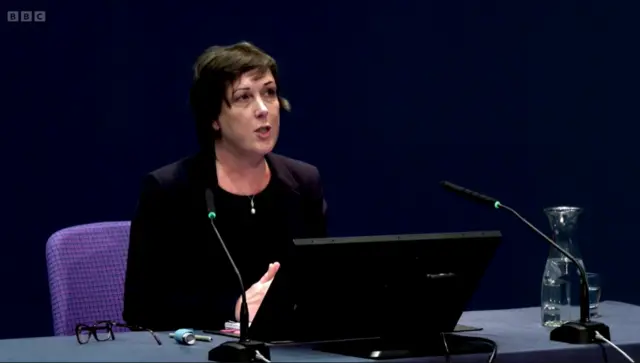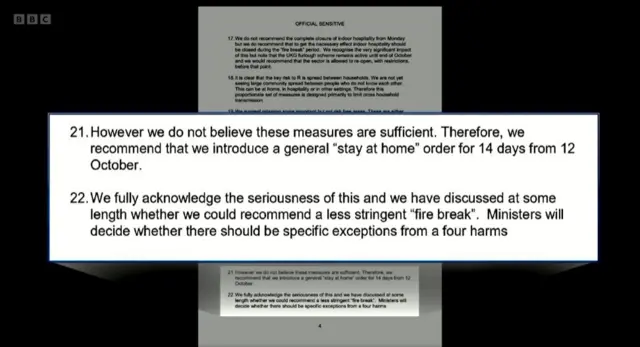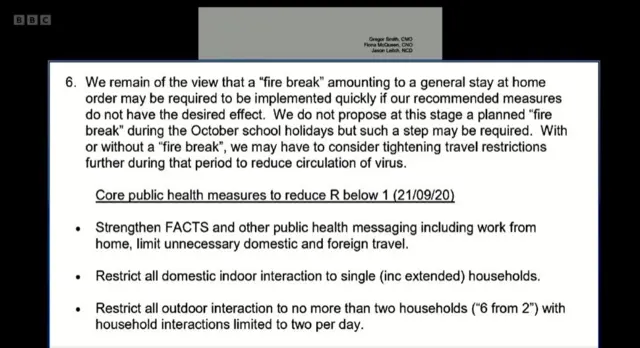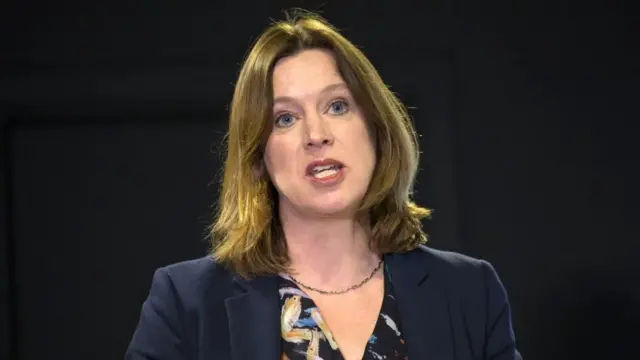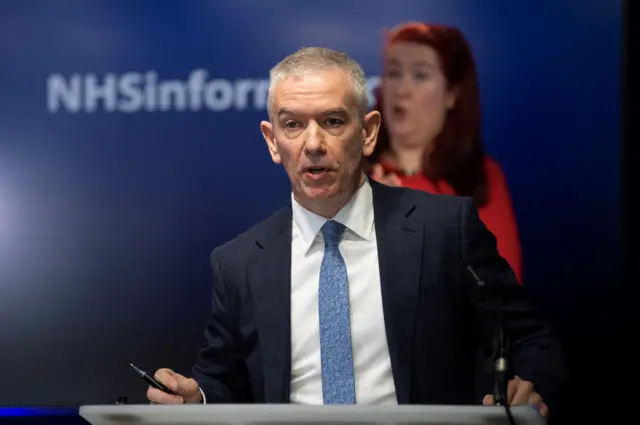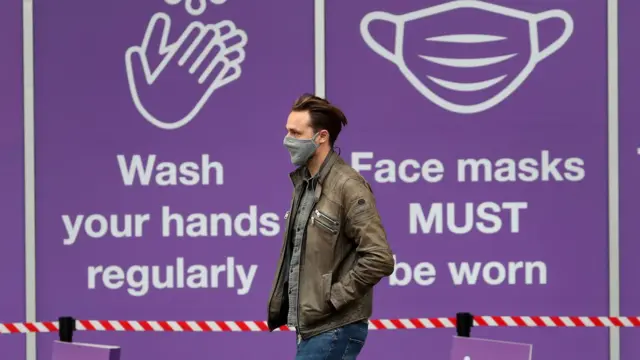UK Covid inquiry: The headlinespublished at 16:55 GMT 22 January 2024
The afternoon session at the UK Covid inquiry has ended. If you're just joining us here's a reminder of the headlines today:
- Scotland's chief medical officer said he frequently deleted WhatsApp messages in line with Scottish government policies on information retention
- Prof Sir Gregor Smith defended the expertise of Scotland's clinical advisors by highlighting public confidence was high in Scotland
- He also said the decision-makers in Scotland followed the science
- Sir Gregor told the inquiry Scotland was at higher risk from Covid-19 than the rest of the UK
- The chief medical officer also said some information around the Nike conference outreak "should have been released"
- He denied there was a lack of urgency in the Scottish government's response to the pandemic
- Earlier in the morning session NHS Scotland Chief Executive Caroline Lamb insisted lessons were learned after the first two waves of Covid and ahead of the Omicron wave
- The inquiry ended today with evidence from the former Chief Scientific Officer Professor Sheila Rowan
We will return with more live coverage of the inquiry tomorrow morning from 10:00. National Clinical Director Prof Jason Leitch will be the first witness. The editors today were Mary McCool and Graeme Esson. The writers were Ashleigh Keenan-Bryce and Craig Hutchison.
